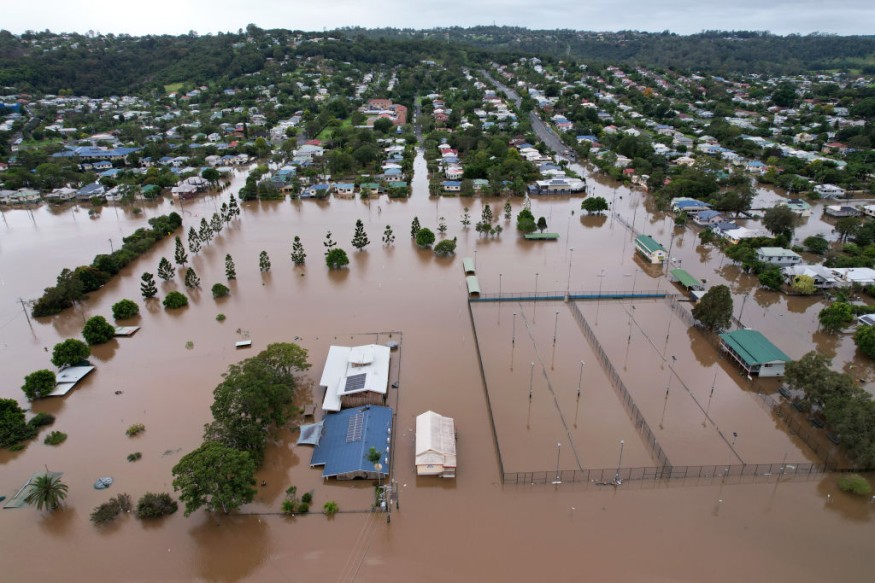The Intergovernmental Panel on Climate Change (IPCC) of the United Nations (UN) released its latest report.
The third IPCC report said the chance to aim for a lower global temperature has reached a crucial point of immediately taking action or there is no turning back.
Mitigation of Climate Change

As the third part of the Sixth Assessment Report of the IPCC, its latest report on Monday, April 4, is about the mitigation of climate change, including reducing the global temperature to 1.5 degrees Celsius, similar to the pre-industrial era.
The third IPCC report highlighted that decreasing the emission of the potent greenhouse gas methane by 33% is necessary before global warming reaches a point of no return.
This also applies to other greenhouse gases such as carbon dioxide, nitrous oxide, and fluorinated gases.
Without the immediate and deep reduction of greenhouse gas emissions across all sectors, limiting global warming to the global temperature threshold will be impossible, according to Jim Skea, co-chair of the IPCC Working Group III, as cited by CNBC.
Despite the narrowing corridors between reversing climate change and long-term environmental consequences, the latest IPCC report said knowledge and tools are still available for a future where extreme weather events are not aggravated by climate.
Also Red: UN Assessment Warns About Worsening Climate Crisis Despite the Agreement in the Paris Agreement
Extreme Weather Events
Prior to the third IPCC report, extreme weather phenomena have been evident over recent months.
From extreme flooding in Eastern Australia, the torrential rain-driven landslides in Brazil, and the collapse of a New York City-sized ice shelf in East Antarctica in March, climate change has led to a series of natural disasters that were never seen before prior to the Industrial Age of the 18th century.
In Australia, approximately 20 people were killed due to the massive flooding in New South Wales and Queensland in late February.
In Brazil, at least 200 people were killed in the landslides in Petropolis since February.
In the United States, a series of tornado outbreaks have occurred over recent months, including the deaths of seven people in central Iowa due to multiple twisters in early March, as per The New York Times.
Previous IPCC Reports
The latest report is launched in a span of eight months, with the first IPCC report being published in August 2021 and the second IPCC report in February 2022, some of the world's top climate scientists in the third IPCC report focused on the ways on how to reach the said global temperature objective.
In the first report, the IPCC explored the physical science behind climate change and found that if no concrete action is taken, lowering the global heating down to 1.5 degrees Celsius will soon be beyond reach, as cited by CNBC.
Meanwhile, the second report highlights the climate change impact and discovered that approximately half of the world's population will be vulnerable to natural disasters due to the burning of fossil fuels.
2015 Paris Agreement
The UN spearheads the Paris Agreement, also called the Paris Treaty, the Paris Climate Agreement, the Paris Climate Accord, or the Paris Accord. Its members consist of most countries of the world.
Under the agreement, member states are required to do their part to achieve the ideal global temperature.
Some of the measures that a country can take are to create policies or laws that would limit the burning of fossil fuels and the emission of greenhouse gases.
These human industrial-related activities accelerate the greenhouse gas effect, trapping gases in the Earth's atmosphere and absorbing solar energy, leading to global warming.
Related Article: Paris Agreement to Push Through With or Without Trump
© 2025 NatureWorldNews.com All rights reserved. Do not reproduce without permission.





